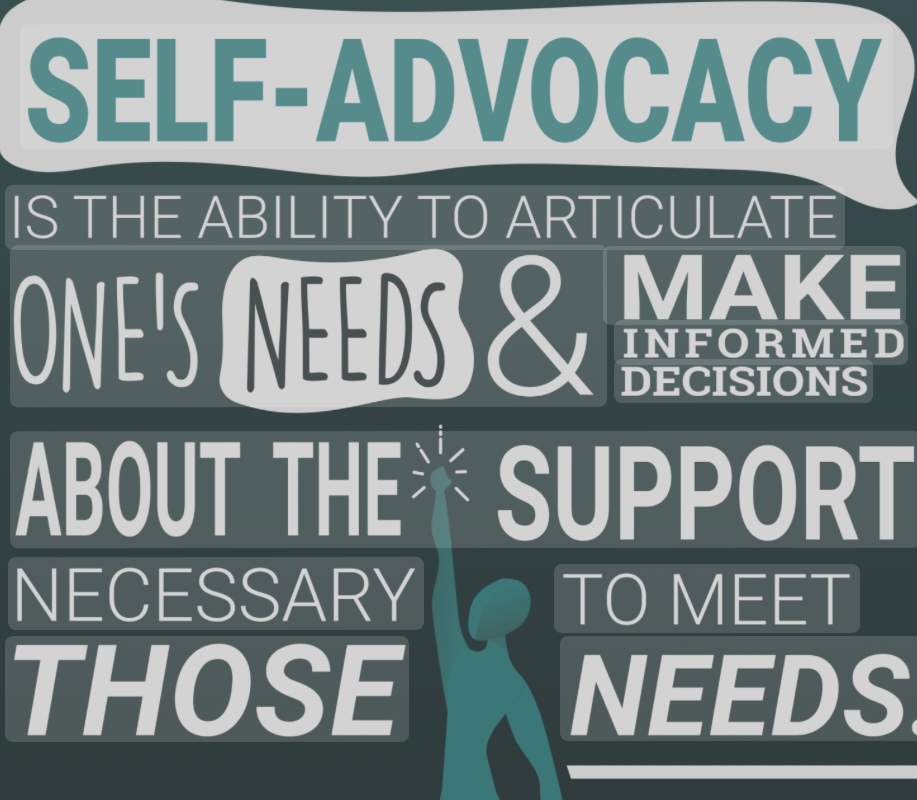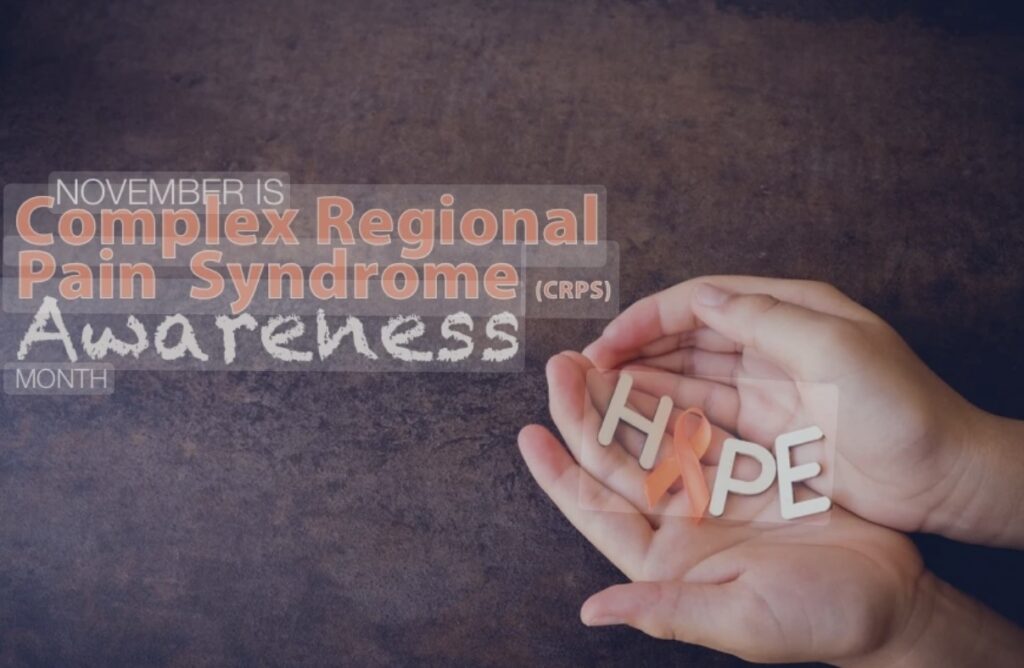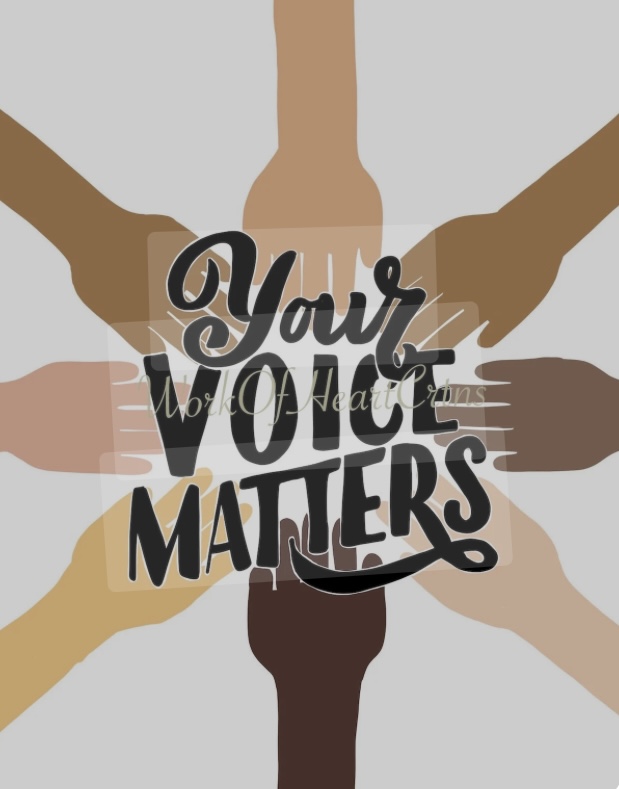Advocacy & Awareness
The personal gets powerful!
In this sections, I speak up and out about C.R.P.S., Chronic illness, disability rights, and the everyday realities too often overlooked or misunderstood. Whether it’s breaking down medical myths, navigating broken systems,Or sharing what it’s really like to live in a world not built for bodies like mine, this space is all about turning experience into impact and pain into impact.

When your life becomes a detour, you learn quickly that advocacy isn’t optional — it’s a lifeline.
Living with chronic pain has taught me that being heard, believed, and properly treated often requires speaking up over and over again — even when you’re exhausted. I’ve had to fight for answers, for access, for basic dignity. And while I never signed up to be a full-time advocate, here I am — because staying silent isn’t an option.
This space is for those of us who’ve had to beg to be taken seriously, and for those just starting to find their voice. It’s also for the people who love us, support us, and want to understand more. You’ll find practical tips, real-life stories, and tools to help you speak up — not just for yourself, but for all of us navigating the pain lane together.

Self-Advocacy Starts Here:
You don’t need a megaphone or a medical degree to advocate for yourself — you just need information, preparation, and a whole lot of resilience. Here are a few tools that help me:
• Prep for Appointments: Write down your symptoms, questions, and goals ahead of time. You deserve answers — and respect.
• Document Everything: Track your symptoms, meds, side effects, and interactions. Your body is not a mystery; it’s just been misunderstood.
• Don’t Apologize for Needing Help: You’re not being “difficult” — you’re being diligent.
• Speak Your Truth (Even if It Shakes): Your story matters. Say what needs to be said, in your own way, at your own pace.

Raising Awareness Matters:
We’re not just managing symptoms — we’re changing systems. Every time you share your story, correct a myth, or educate someone who doesn’t “get it,” you plant a seed. Here are a few ways to help grow awareness:
- Post about awareness months (like CRPS Awareness in November)
- Invite your loved ones to read stories written by chronic pain warriors
- Gently challenge harmful language (because “but you don’t look sick” has got to go)

Helpful Organizations & Resources:
- RSDSA – Reflex Sympathetic Dystrophy Syndrome Association
- U.S. Pain Foundation
- The Mighty – Chronic Illness Community
- Disability Rights Education & Defense Fund
More coming soon as I gather what’s truly helpful (and weed out what’s not).

My Advocacy Journey:
I didn’t ask for this role. Most of us didn’t. But after enough misdiagnoses, medical gaslighting, and “you’re just anxious” comments, I realized I had two choices: shrink or speak. Some days I speak loudly. Some days it’s just a whisper. But every word is one step closer to the care — and the change — we all deserve.

Final Thoughts:
You don’t have to be loud to be powerful. You don’t have to be perfect to make a difference. Whether you’re whispering from a wheelchair or roaring from a platform — your voice matters.
Let’s keep using it.
Write a short headline
Support your idea with a clear, descriptive sentence or phrase that has a consistent writing style.